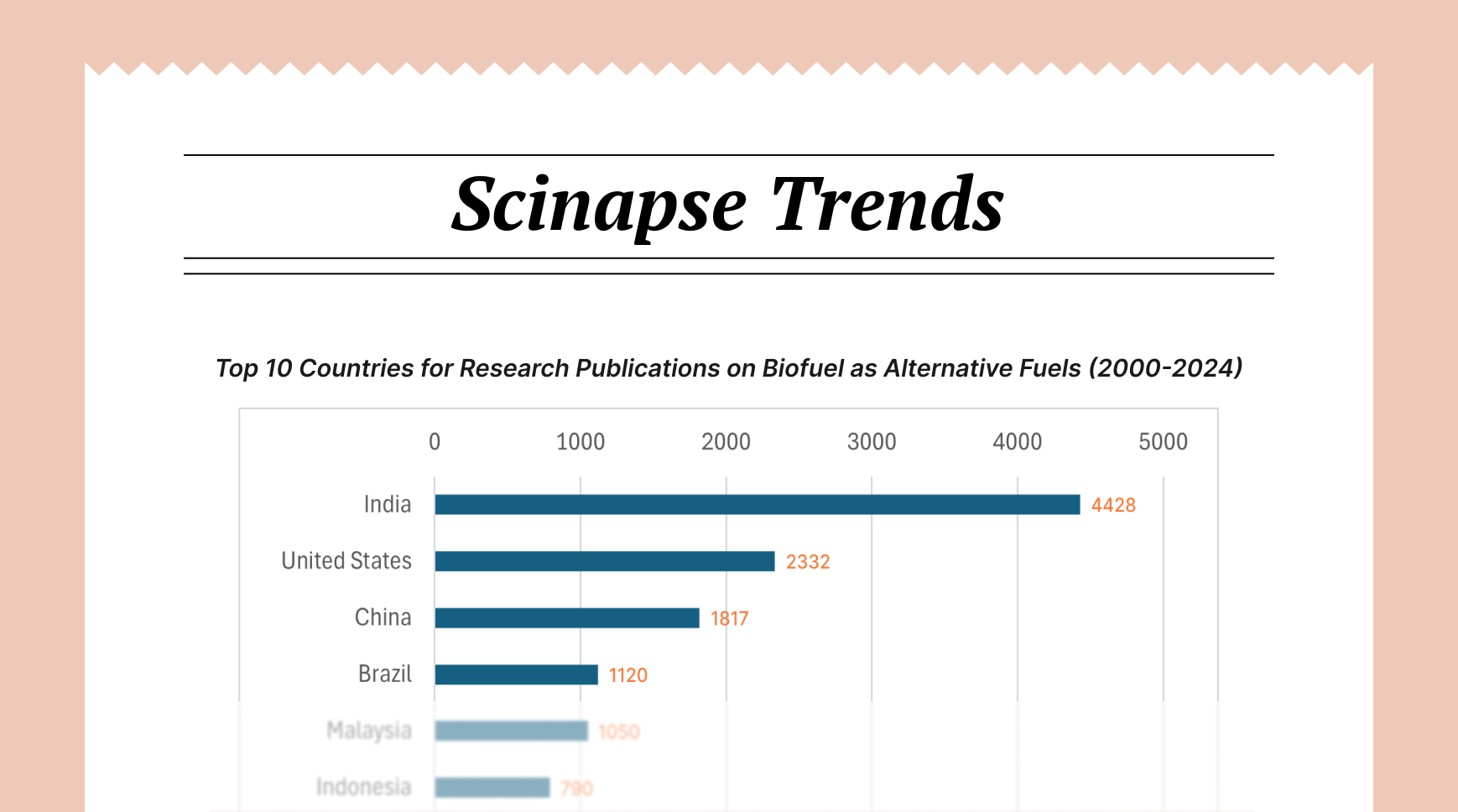How to do an Interdisciplinary Literature Review: Challenges and Best Practices

Interdisciplinary research has become increasingly vital in addressing contemporary challenges that transcend traditional academic boundaries. From climate change to artificial intelligence ethics, the most pressing questions of our time demand insights from multiple knowledge domains. The interdisciplinary literature review is a sophisticated synthesis that bridges diverse theoretical frameworks, methodological traditions, and disciplinary languages. Yet conducting such reviews presents unique challenges that extend beyond those encountered in traditional, discipline-specific literature syntheses. This article examines the distinctive challenges of interdisciplinary literature reviews and offers practical strategies for navigating these complexities.

5 Challenges of Interdisciplinary Literature Reviews
1- Navigating Terminological Differences
Perhaps the most immediate challenge in interdisciplinary literature reviews involves navigating the distinct terminological landscapes of different academic fields. Disciplines often develop specialized vocabularies that enable precise communication within their communities but create barriers to cross-disciplinary understanding. Terms that appear identical may carry significantly different meanings across fields—consider how differently "theory" functions in physics versus literary studies, or how "significance" operates in statistics versus cultural anthropology. These terminological differences can lead researchers to either miss relevant literature (when searching with discipline-specific terminology) or become overwhelmed by false positives (when using overly broad terms).
2- Reconciling Epistemological Frameworks
Beyond terminology, disciplines operate within distinct epistemological frameworks that shape what counts as valid knowledge and appropriate evidence. Interdisciplinary reviews must navigate these fundamental differences in how knowledge is constructed and validated across fields. Quantitative disciplines typically prioritize generalizability, replicability, and statistical significance, while qualitative traditions often emphasize contextual understanding, interpretive depth, and theoretical insight. Reviews that privilege one epistemological tradition may systematically undervalue contributions from another, creating distorted syntheses that fail to capture the full spectrum of relevant knowledge.
3- Managing Methodological Diversity
Related to epistemological differences, interdisciplinary reviews must contend with significant methodological diversity across fields. From experimental designs to ethnographic approaches, from mathematical modeling to hermeneutic analysis, research methodologies vary dramatically in their assumptions, procedures, and evaluative standards. This methodological pluralism creates particular challenges when assessing study quality or synthesizing findings, as criteria appropriate for evaluating one methodological tradition may be entirely unsuitable for another. Reviewers may inadvertently apply discipline-specific standards across methodological boundaries, leading to inappropriate dismissal of valuable contributions.
4- Accessing Dispersed Literature
Interdisciplinary topics often feature literature scattered across multiple databases, journals, and publication formats, making the comprehensive identification of relevant sources exceptionally challenging. While discipline-specific reviews can often rely on a finite set of core journals and databases, interdisciplinary reviews must cast a much wider net across dispersed publication ecosystems. Additionally, disciplines vary in their primary publication venues—with some fields prioritizing journal articles, others emphasizing books or conference proceedings, and still others valuing technical reports or policy documents. This dispersion increases the risk that significant contributions will be overlooked during the search process.
5- Synthesizing Divergent Theoretical Perspectives
Perhaps the most intellectually demanding challenge of interdisciplinary reviews involves synthesizing divergent theoretical frameworks that may rest on fundamentally different assumptions about the phenomena under study. Disciplines develop theoretical traditions that shape how researchers conceptualize problems, frame questions, and interpret findings—from positivist frameworks in the natural sciences to critical approaches in the humanities. Interdisciplinary reviewers must find ways to engage meaningfully with these diverse theoretical perspectives without reducing them to superficial commonalities or forcing artificial integration where genuine philosophical tensions exist.
Best Practices for Interdisciplinary Literature Reviews
1- Develop Comprehensive Search Strategies
Successful interdisciplinary reviews require exceptionally comprehensive search strategies that account for terminological differences across fields. Rather than beginning with narrow, discipline-specific search terms, start with broader conceptual language and iteratively refine your approach as you encounter field-specific terminology. Key strategies include:
- Conduct preliminary scoping searches across multiple disciplines to identify field-specific terminology
- Develop discipline-specific search strings tailored to each field's vocabulary
- Utilize controlled vocabulary (such as MeSH terms in medicine) where available
- Employ snowballing techniques through citation tracking to identify relevant literature across disciplinary boundaries
- Consult with specialist librarians from each relevant discipline
This layered approach helps ensure that relevant literature isn't overlooked due to terminological differences across fields.
2- Assemble Diverse Review Teams
While individual researchers can conduct interdisciplinary reviews, collaborative teams with diverse disciplinary expertise offer significant advantages when navigating multiple knowledge domains. Team-based approaches enable:
- Distributed disciplinary expertise that spans relevant fields
- Cross-checking of discipline-specific interpretations
- Balanced evaluation of methodological quality across traditions
- Richer theoretical integration that respects disciplinary nuances
Even when formal teams aren't possible, consider establishing consultation networks with colleagues from different disciplines who can guide field-specific questions throughout the review process.
3- Adopt Methodologically Inclusive Frameworks
Rather than privileging particular methodological traditions, successful interdisciplinary reviews adopt inclusive frameworks that accommodate diverse approaches to knowledge production. This methodological inclusivity requires:
- Employing appropriate quality appraisal tools for different methodological traditions
- Avoiding hierarchical privileging of particular methods (e.g., randomized controlled trials as inherently superior)
- Recognizing the complementary contributions of different methodological approaches
- Adapting synthesis approaches to accommodate both qualitative and quantitative evidence
4- Create Transparent Documentation
Given the complexity of interdisciplinary reviews, exceptional transparency in documentation becomes essential. Detailed audit trails should document:
- Search strategies specific to each discipline
- Inclusion/exclusion decisions with disciplinary considerations noted
- Quality appraisal approaches for different methodological traditions
- Synthesis methods and their appropriateness for diverse evidence types
This transparency enables readers to evaluate the comprehensiveness and rigor of the review process while facilitating potential replication or extension by other researchers.
5- Develop Integrative Theoretical Frameworks
Rather than forcing artificial consensus across theoretical traditions, successful interdisciplinary reviews develop integrative frameworks that acknowledge both commonalities and tensions across disciplinary perspectives. Effective theoretical integration involves:
- Identifying shared conceptual elements across disciplinary approaches
- Acknowledging irreducible theoretical differences where they exist
- Creating conceptual bridges that facilitate dialogue across traditions
- Developing new theoretical syntheses that transcend disciplinary boundaries
This integrative approach produces reviews that respect disciplinary depth while creating new intellectual spaces at the intersections between fields.
Author: Uttkarsha B
- AI-Ethicist and STM Research & Publishing Expert
Never re-search again.
Scinapse is made by researchers for researchers.
Join the next generation of research at ⏯️ https://scinapse.io/
Pluto Labs
Pluto Labs helps researchers focus on their research by improving several inefficiencies in the academic research process. We offer data-driven insights from academic papers, allowing users to easily obtain review-level results for their desired range of papers.
https://pluto.im/





Comments ()